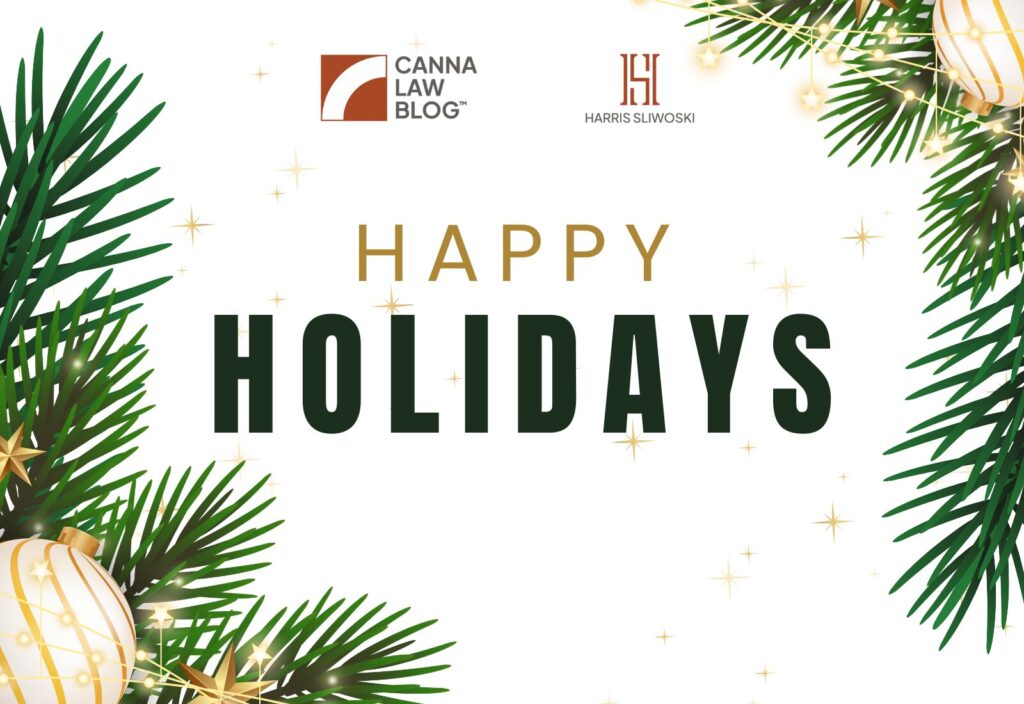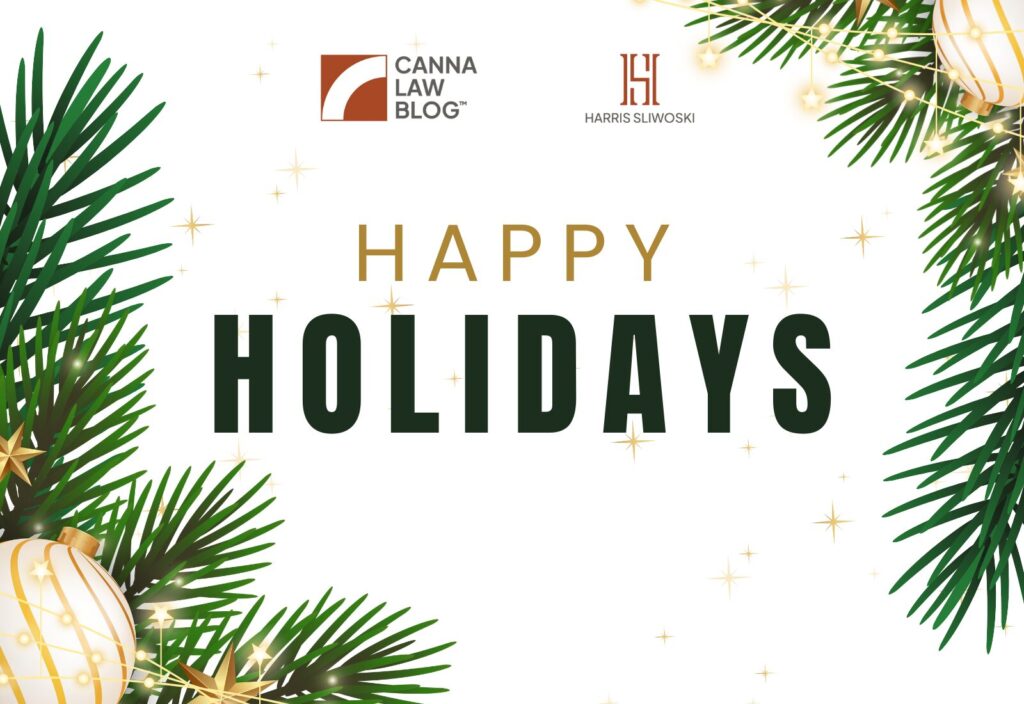
The West Coast cannabis industry is struggling. In this free webinar, cannabis business litigators Jihee Ahn (California; Oregon) and Jesse Mondry (Oregon) will discuss the state of the industry and how depressed market conditions are affecting those considering litigation or alternative dispute-resolution options.
Tune in Tuesday, May 16th at 10am PT for a conversation covering trending claims affecting cannabis businesses nationwide, and what operators must consider as they pursue those claims.
Questions and comments will be answered throughout the webinar and considered upon registration prior to the event.
Key Takeaways
• Breach of contract / collections
• Receiverships
• ABCs
• Bankruptcy
• Closely held business disputes
• Recovering assets
• Steps to protect your business from being owed $$
Read full article on HarrisBricken






































